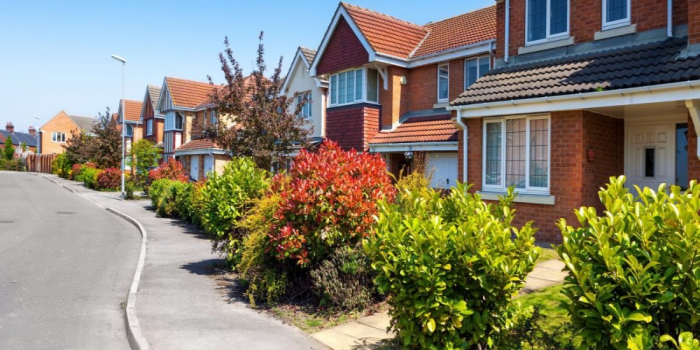06.15.2020
|
04:11 pm

As the virus resurges in many states, it has become apparent that more protective measures need to be observed to support our communities. Here are some common questions owners have about how to manage their communities during this crisis.
Answer: The Federal government has issued guidelines that require social distancing of at least six feet between individuals and bans gatherings of more than 10 people. This makes in-person board meetings virtually impossible. Until such time as the social distancing and gathering restrictions are lifted, we recommend that all associations conduct their regular board meetings via phone conference or video conference. For owner participation, you must allow the owners to call into the conference call or join the video conference.
Currently, we recommend that you postpone any membership meetings so that you can acquire and test the necessary technology to conduct a meeting that will involve substantial meaningful participation from owners, including voting. Keep in mind that any proxies you have received are valid for up to 90 days from the date of the originally scheduled meeting. The board, management, and attorney should work together to ensure compliance with the association’s Declaration in rescheduling and conducting the meeting. If you conduct a meeting, you want to limit or prohibit physical attendance and permit owners to participate remotely via proxy or another authorized method.
Answer: Under the Florida Statutes emergency powers, you can close a portion of the common areas. If any portion of the common areas is used in a manner that violates social distancing or gathering guidelines, then you should close it. This includes pools, spas, gyms, and other indoor or outdoor areas. The association may also close party rooms or gathering spaces to the extent they may be used for gatherings of more than 10 people.
If your association has an onsite management office and your manager is going to continue to report to work in person, we recommend that you limit the office to only necessary occupants and visitors. Keep in mind that you cannot prevent access to the units or homes, so common hallways, foyers, elevators, stairways, and the like must remain open.
Answer: This is a difficult question that raises several legal issues. The association should not be actively inquiring about the medical status of residents or guests. However, if the association acquires actual knowledge that someone has tested positive for COVID-19, it is our opinion that you should notify all owners and residents.
However, you must keep the address and identity of the individual confidential. The association should also ensure it is taking all appropriate precautions to comply with social distancing, limited gatherings, and if possible, increase cleaning of common areas.
Answer: The Coronavirus Aid, Relief, and Economic Security Act (CARES) has been signed into law. The 800 pages of text allocate over $2 trillion in federal money to bolster the economy during this difficult time.
Under CARES, associations may be eligible to apply for a loan to cover certain operating costs. If the funds from the loan are used in compliance with the Act, then the loan, including interest, may be forgiven if the association qualifies under certain aspects of the law.
Answer: Yes. Without an assessment, income associations are unable to provide basic services to the owners and residents. We recommend that associations continue to aggressively pursue the collection of assessments. A strong collection strategy that begins when an account first becomes delinquent will reduce the amount of bad debt in the long term. It will also help owners who become delinquent to structure their income and debt so that they can make payments or other arrangements to resolve it quickly.
Ensuring assessments are collected now will help insulate the association from any future pause in their collection. If a person requests relief from paying assessments, the association can negotiate a payment plan with them; however, the board should document the actual hardship and need before agreeing to a payment plan. Further, we do not recommend that you proactively offer payment plans to all owners but rather deal with each request on a case-by-case basis.
About Stevens & Goldwyn: The homeowners’ association attorneys at Stevens & Goldwyn, P.A. are experts in condominium law, contractual disputes, and HOA litigation. They specialize in representation for homeowners associations, assessment collection, foreclosures, civil litigation, and more. Stevens & Goldwyn, P.A. is located in Plantation, FL and provides services throughout Florida, including Fort Lauderdale, Miami, Palm Beach, Plantation, Pembroke Pines, Miami Beach, Pompano Beach, Hollywood, Aventura, and more.
Arrange a free, no-obligation consultation, where you can discuss your legal concerns with a partner of our firm. We look forward to answering your questions and seeing how we can meet your legal needs. Call us at 954-476-2680 or contact us online today.
Through a free, no-obligation consultation, you can discuss your legal concerns with a partner of our firm. We look forward to answering your questions and seeing how we can meet your legal needs.
Call 954-476-2680 or contact us online today.